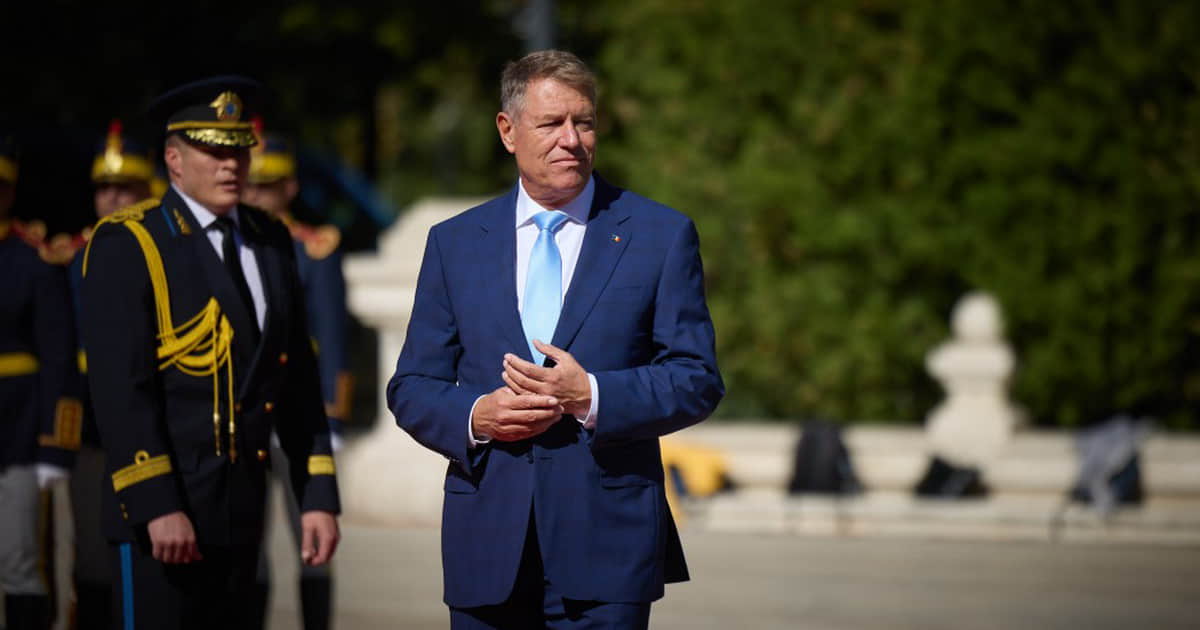Why have anti-Ukrainian sentiments started to grow in Romania, and will it lead to change of power?

Romania is facing both parliamentary and presidential elections this year. At the same time, the ratings of parties promoting anti-Ukrainian views are sharply rising. It is happening because of farmers' protests demanding protection from imports from Ukraine.
Yurii Panchenko, European Pravda editor, discusses the chance of a shift in Romania's foreign with Sergiy Gerasymchuk, Deputy Executive Director of the Foreign Policy Council Ukrainian Prism. You can read the main points of the conversation in the article - Not public ally: How Romania backs Kyiv and why ratings of Ukrainian phobes rising there. The events surrounding the border blockade in Romania are significantly influenced by the election situation. Both parliamentary and presidential elections are set in Romania for this year.
So, it is clear that, just like the agricultural card is being played in Poland and Slovakia, there is an interest in Romania to raise and highlight this issue during the electoral process. Bucharest, however, has actually benefited greatly from the blockades in Poland. In this situation, some exports has been redirected to Romania.
Assessing critics of Ukraine in Romania, we should distinguish pro-Russian and anti-Ukrainian sentiments. It would be difficult to label any political force in Romania as pro-Russian, as the attitude towards Russia there is far from favourable. There is still a powerful anti-Russian sentiment.
However, there are political forces that begin to play with anti-European narratives, similar to Russian ones, advantageous to the Kremlin. The ideology of these parties is simultaneously hostile to Ukraine. Firstly, there is the AUR party (Alliance for the Union of Romanians).
This party is currently in second place with 20% of potential votes. Their rating continues to rise for the same reasons as for Alternative for Germany. But it is not likely that they will come to power.
All Romania's political elites agree that they should not give a hand to AUR for now to avoid tarnishing themselves. Another anti-Ukrainian political force is the SOS party, which broke away from AUR. SOS is led by Senator Diana Sosoaca, who has a reputation of a 'local crazy lady'.
In particular, her threats led to the cancellation of President Zelenskyy's speech in the Romanian parliament. SOS has a chance to overcome the five percent electoral barrier and have a faction in the next parliament. As for the main conflicts, mainstream Romanian parties were not happy about 'the Moldovan language' in Ukraine until recently.
Romania insisted that there was no Moldovan language, and eventually, Moldova itself agreed. However, Ukraine insisted on the existence of the Moldovan language for a long time, publishing corresponding textbooks, and so on. This issue has now been resolved.
There are no longer any claims from mainstream parties, currently in power. They are likely to remain in power after the elections. The issue of the Romanian minority in Ukraine is also more or less settled.
Moreover, it is a positive aspect that Romanians have an understanding of the Black Sea as a region where stability should prevail.
This contributes to Bucharest's support for Ukraine.
If you notice an error, select the required text and press Ctrl + Enter to report it to the editors.